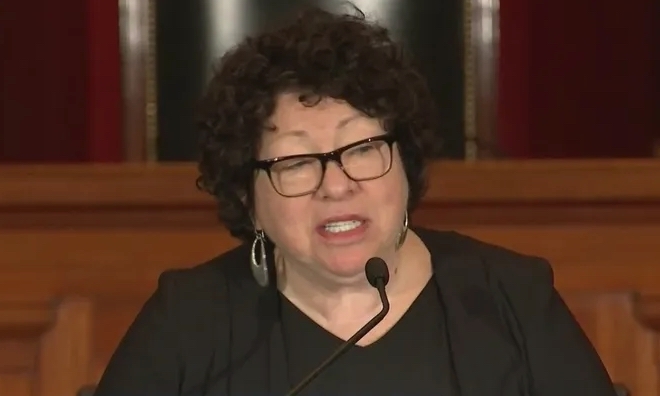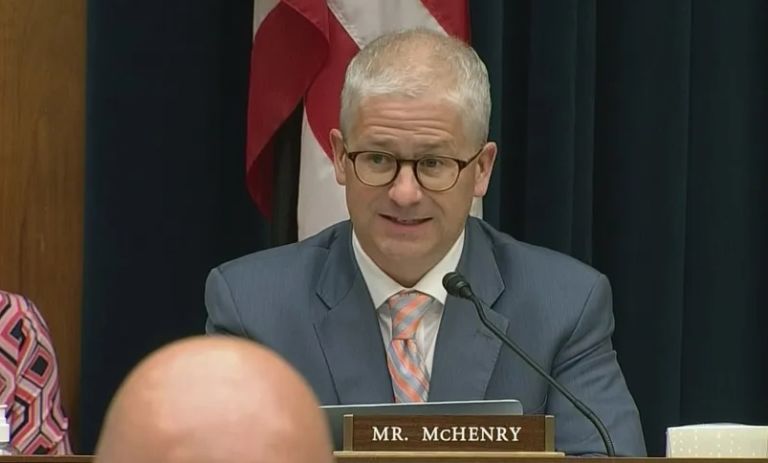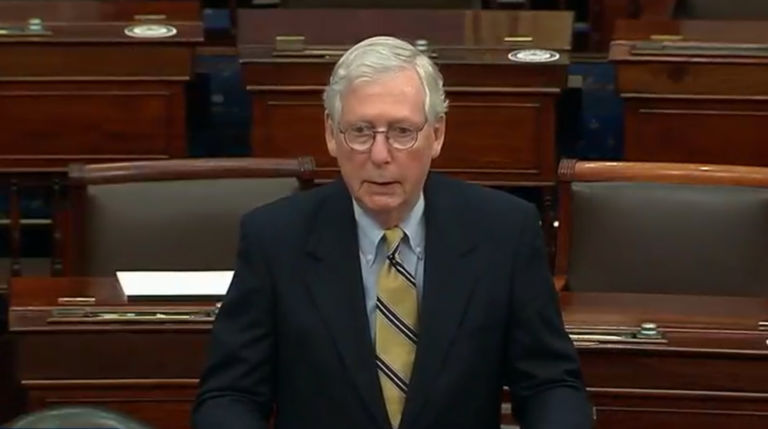Andrew Biggs explains at National Review Online why policymakers should resist the urge to expand one of the federal government’s largest entitlement programs.
Few issues better illustrate the leftward shift of American economic policy than Social Security. In the late 1990s, moderate Democrats such as Senators Daniel Patrick Moynihan and John Breaux proposed fixing Social Security’s finances through a combination of tax increases and benefit cuts, including lower cost-of-living adjustments and an increased retirement age. Republicans favored fixing the Social Security deficit using benefit cuts alone. Today, President Trump’s no-cuts position is to the left of those Democrats. And even the most moderate Democratic candidate for president, former vice president Joe Biden, speaking at an AARP Iowa forum in July, insisted that “we should be increasing, not decreasing, Social Security.” In reality, expanding Social Security is a multi-trillion-dollar solution to a problem that doesn’t exist.
The shift in sentiment on Social Security reflects a shift in priorities. In the 1990s, policymakers largely saw Social Security as a budgetary challenge, with rising retirement costs pushing up taxes or squeezing out other government programs. Today, Americans are increasingly concerned that Social Security will fail to provide income stability for retirees. Seventy-five percent of Americans agree that the nation faces a “retirement crisis,” according to a National Institute for Retirement Security survey. Politicians have responded to these fears, with President Trump pledging to maintain full Social Security benefits despite the program’s looming insolvency. Progressives such as Senators Elizabeth Warren and Bernie Sanders promise benefit increases to rich and poor alike, financed by dramatically higher taxes on high earners.


